Excitel plans expansion in Telangana
Sat 22 Jan 2022, 12:42:28

Excitel, a fibre-to-house broadband network service provider, has drawn up plans to invest up to Rs 100 crore for expanding its network in Telangana in the next two to three years. Also, it will soon start offering its service in Siddipet, Sircilla, Jagityal, Mahabubnagar and a few other districts, said a company official.
“Our focus is on reaching out to smaller cities and towns. We will partner with local partners including the existing cable operators as well as new entrepreneurs to lay the fibre. The fibre network expansion will see an investment of about Rs 50 and an equal amount for devices to light up that fibre,” Excitel CEO and Co-Founder Vivek Raina told.
Excitel has about 6.12 lakh subscribers across India. In Telangana, it has about 75,000 subscribers and about 175 employees. Currently, it is active in Hyderabad, Nizamabad, Khammam, Nalgonda, Miryalaguda, Medak, Suryapet and Adilabad in the State. It has drawn up plans to be in all district headquarters and later penetrate into towns and villages. So far, the company invested about Rs 25 crore in the State.
“Our focus is on unstructured areas of metros and tier-ii and tier-iii cities when looking at expanding while making high-speed internet a reality for residents,” said Raina adding that it has plans to be in more than 100 cities in South India.
“Fibre connection is reliable and can handle unlimited data. However, only two crore households of the 25-30 crore households have access to a wireline broadband service. Within this, the focus is again on areas that have high average revenue per user (ARPU) leaving out areas of middle and lower middle income groups. Many service providers opt to service structured areas where it is easy to lay the fibre. However, we want to focus on
clustered areas as well despite the difficulty,” said Raina explaining its approach.
clustered areas as well despite the difficulty,” said Raina explaining its approach.
In Telangana, there are some no-name ISPs who connect to the local cable operators and decide on the speed and the prices. However, the customer experience is not uniform and the offering is basic in nature.
“We will also tie up with local cable operators or other players who already have a network presence. They will lay the fibre and we will provide the electronic equipment to light up this fibre including the devices like wifi routers used in the partner and customer premises. We bring our own fibre up to that locality where the partner is located,” Raina explained.
Its average revenue is about Rs 500 (for a 100 mbps connection with unlimited data) and will keep at that level to be affordable for subscribers. The self-healing fibre will start sending data from other nodes if there is a cut in the fibre.
“The Covid has highlighted the importance of a reliable internet connection as office work, education and entertainment all are happening from the homes. New mobile technologies will come but they will be for the people on the move but those at home need a fibre connection. A huge demand is coming from all smaller towns. Digital inclusion will ensure that educated youth and entrepreneurs work from their own hometowns and avoid migration,” said Raina.
The company will also look to partner with T-Fibre, which is creating a broadband backbone riding on the Mission Bhagiratha network. “T-Fibre project, as we understand, will create a demand for broadband. This is similar to the way we work. We will look to partner with T-Fibre wherever possible to enhance the connectivity,” he said.
No Comments For This Post, Be first to write a Comment.
Most viewed from Hyderabad
Most viewed from World
AIMIM News
Latest Urdu News
Most Viewed
May 26, 2020
Should there be an India-Pakistan cricket match or not?
Latest Videos View All
Like Us
Home
About Us
Advertise With Us
All Polls
Epaper Archives
Privacy Policy
Contact Us
Download Etemaad App
© 2026 Etemaad Daily News, All Rights Reserved.

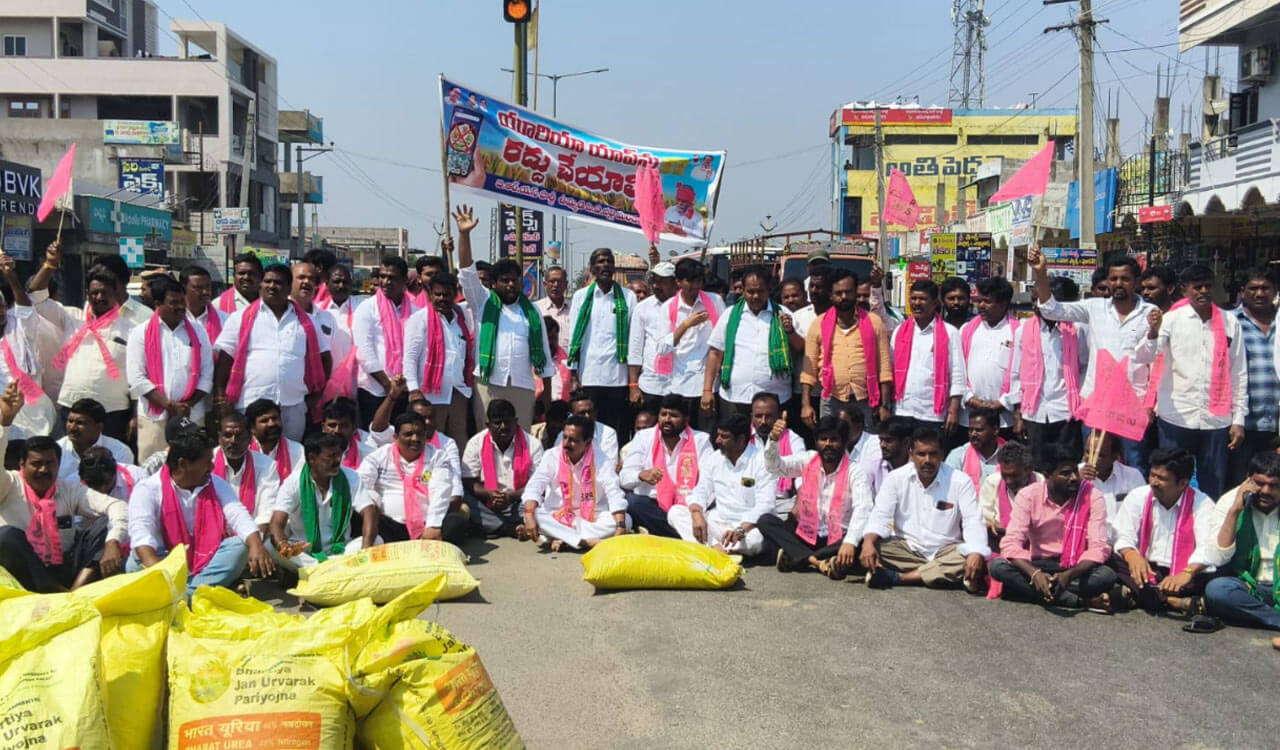
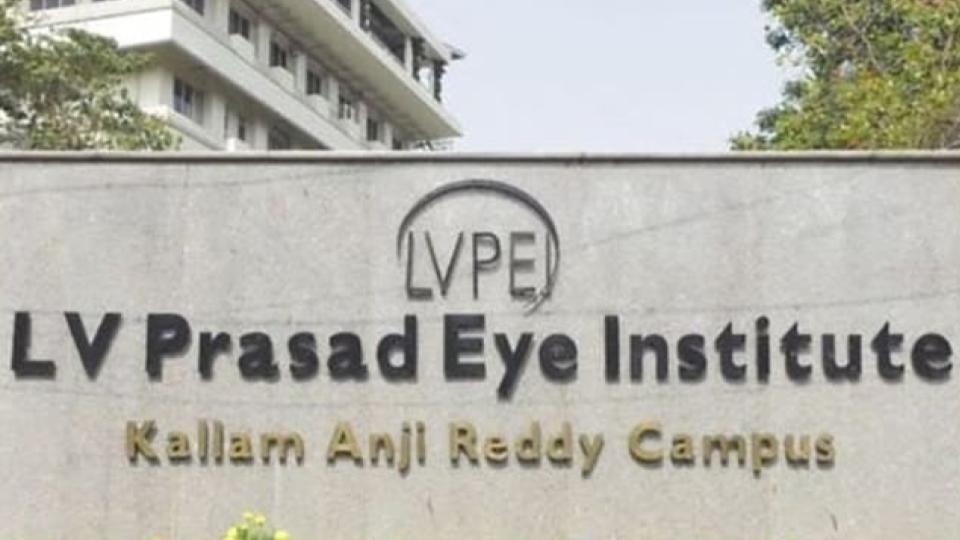




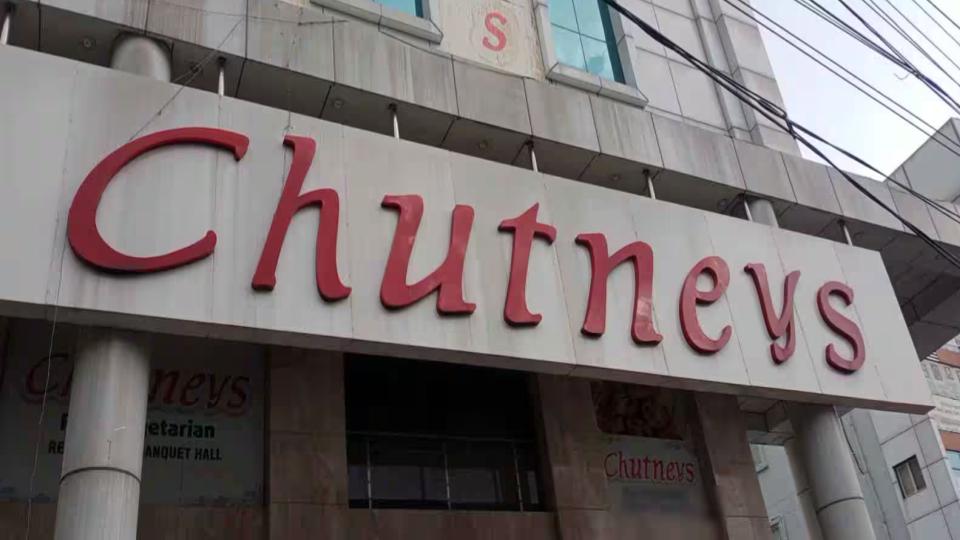

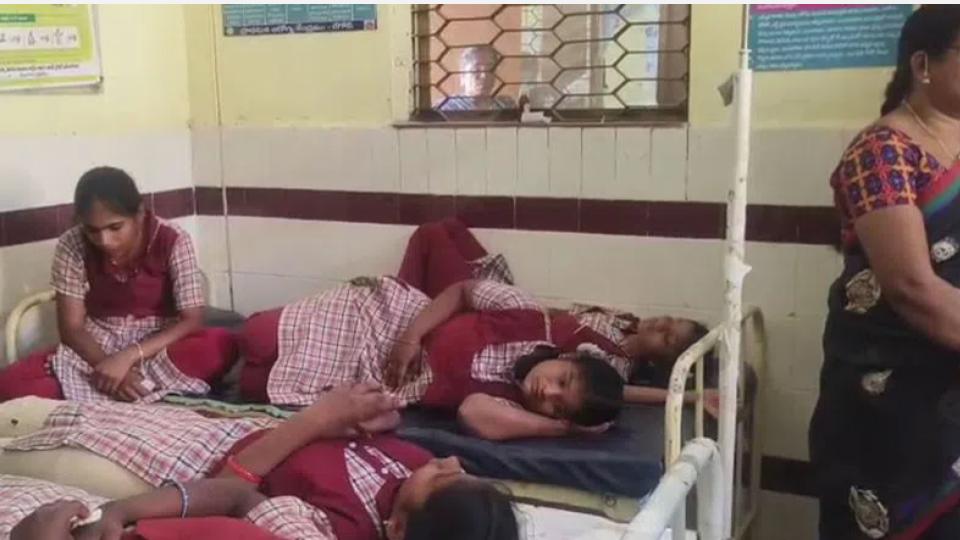
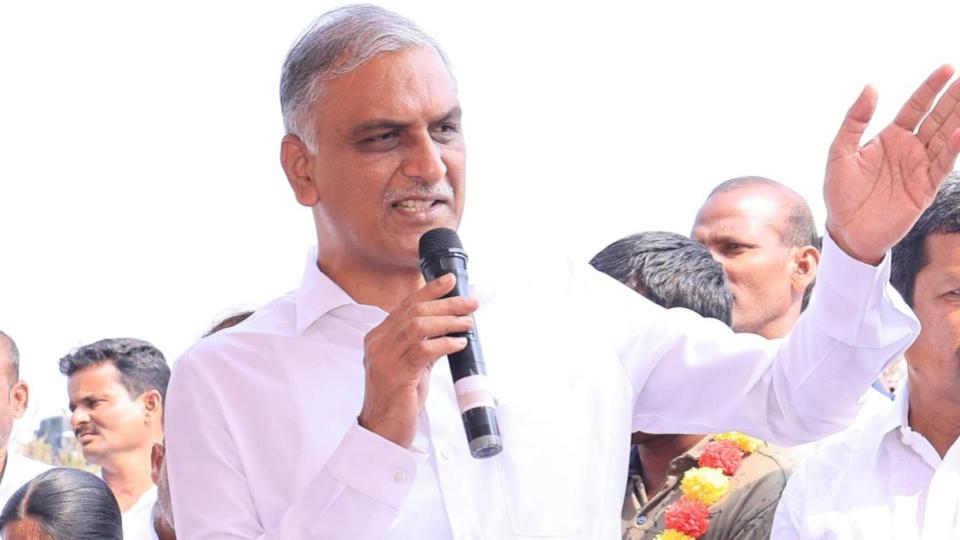
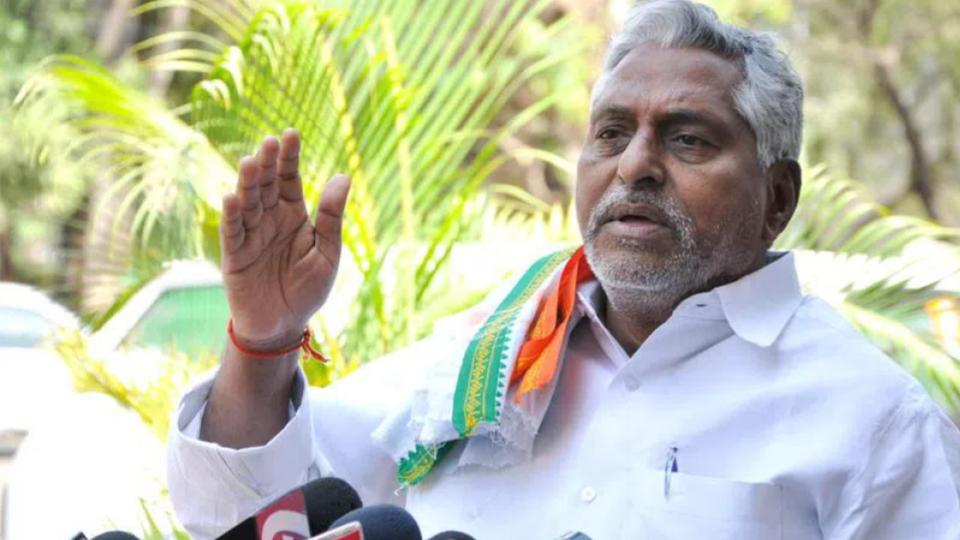

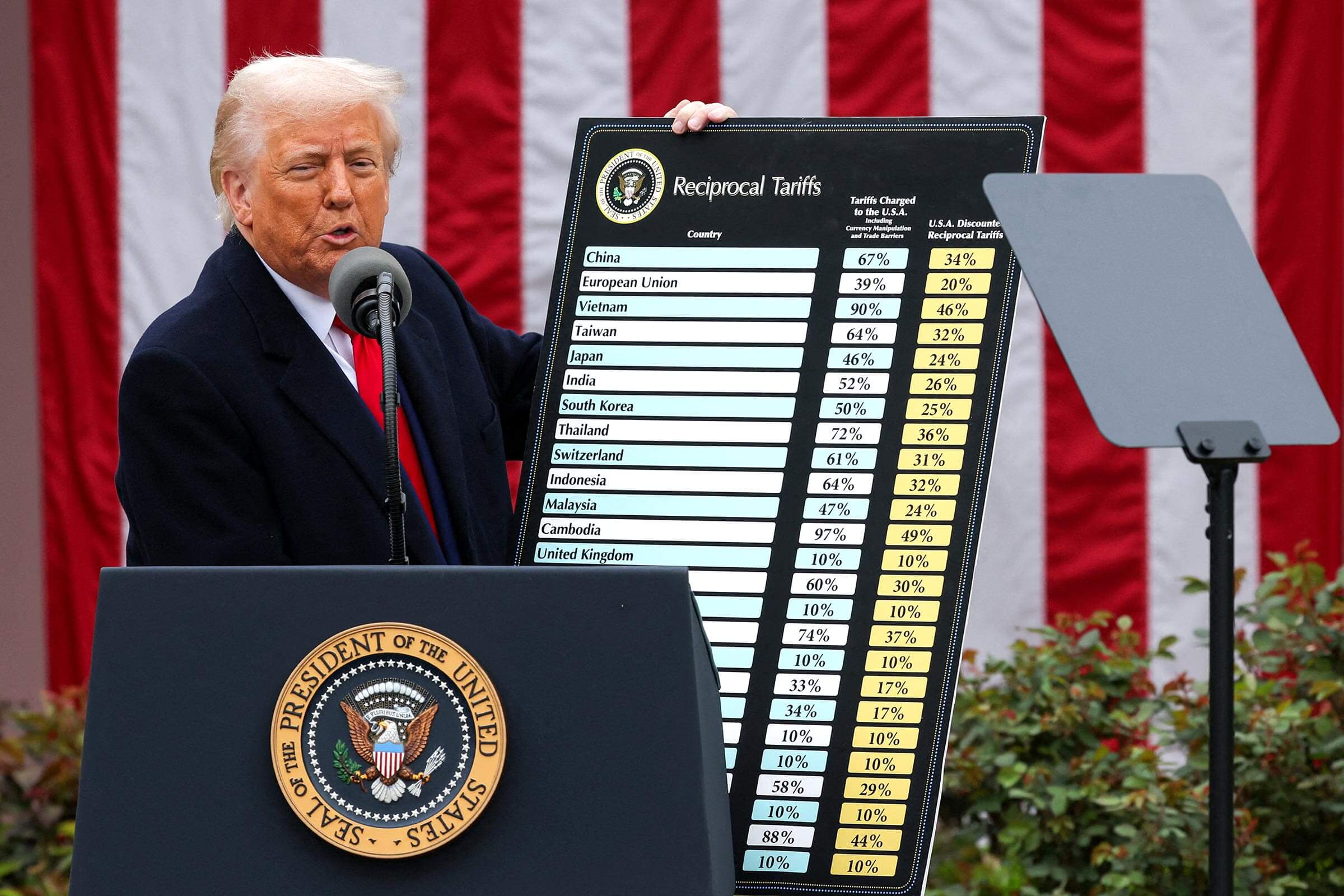





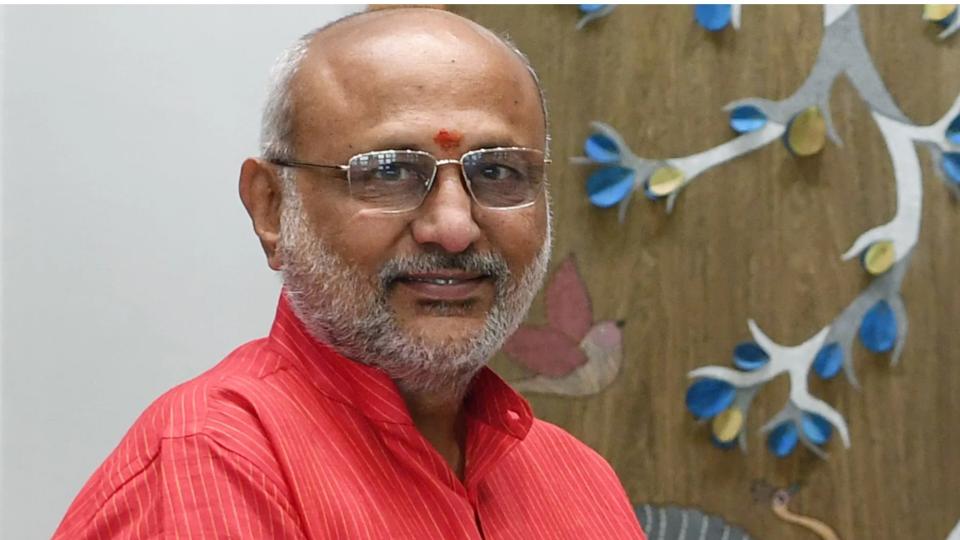


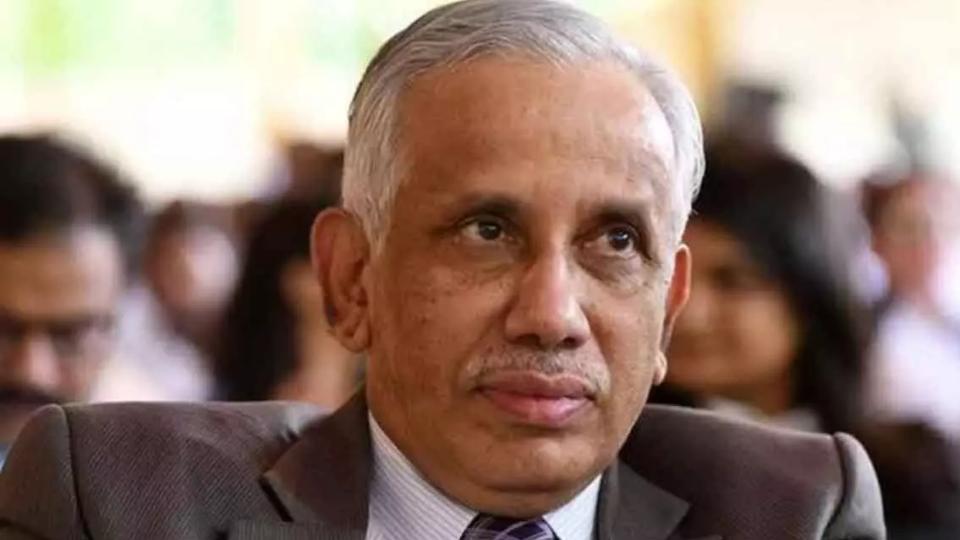
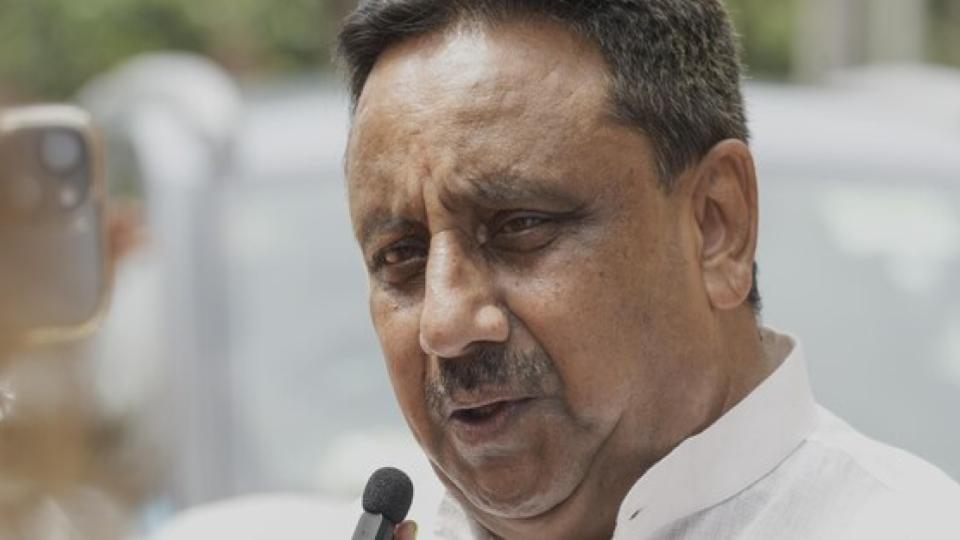













.jpg)
.jpg)
.jpg)


